Communicating With Loved Ones After A Hurricane
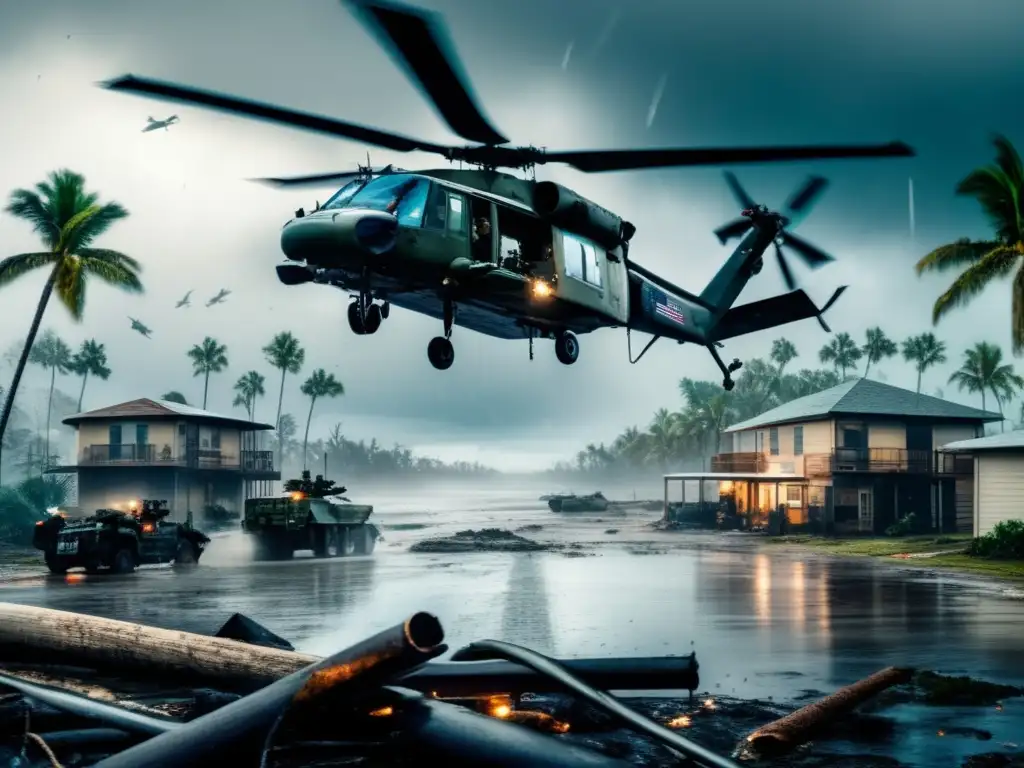
Communicating with Loved Ones After a Hurricane
Introduction
Communication is vital after a hurricane hits to allay anxiety, obtain medical care, and check on the well-being of loved ones. It can be easy in such situations to feel helpless, but communication channels are available to keep in touch with family members, friends, and emergency responders. In this article, we explore different ways to communicate effectively after a hurricane strikes.
Staying Safe During and After a Hurricane
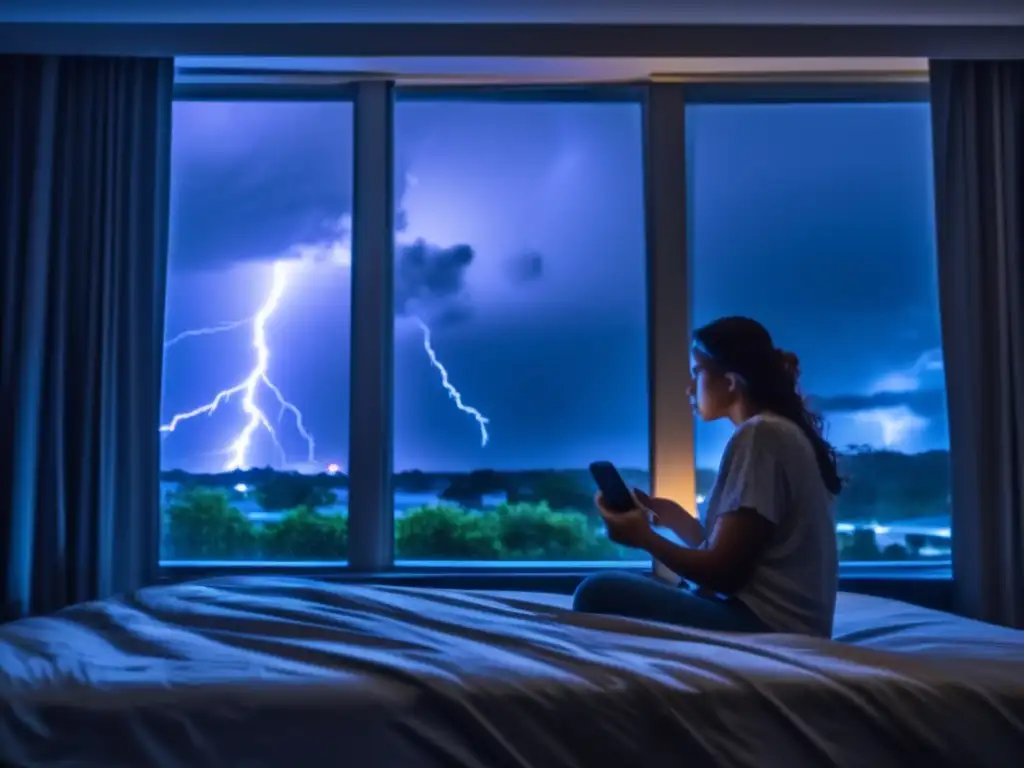
During a hurricane emergency, you may need help to evacuate or receive medical care. You can stay connected with emergency responders and local authorities by listening to the radio for updates and instructions. Also, keep your phone charged and on to receive text message alerts from local authorities that could inform you about imminent dangers, road closures, evacuation orders, or shelters.
Social media platforms like Facebook, Instagram, and Twitter should not be neglected in the aftermath of a hurricane. They provide an excellent opportunity to check on friends and family and let others know that you're okay. You can also search for hashtags related to the hurricane to find critical information and updates regarding the disaster.
Make Use of Mobile Applications
Mobile applications like WhatsApp, Skype, and Google Hangouts provide free communication between users worldwide, which is useful if separated from family members and friends. You can make voice and video calls and even send photos and videos using these apps. Ensure that these applications are installed and have been tested before the hurricane hits to avoid a last-minute rush to figure out the functionalities.
Staying Connected After a Hurricane
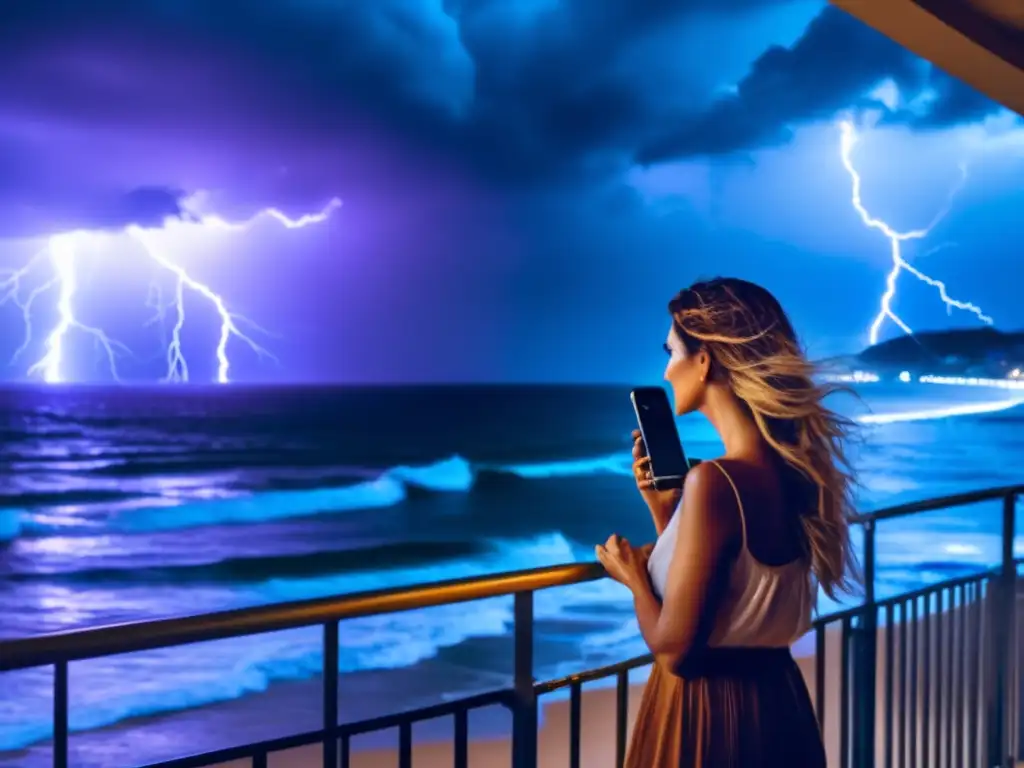
Find Public Telephone Services
If your cell phone is dead, damaged, or you lack access to the internet, you can use public phones to make calls to loved ones. These phones are often set up in local shelters and other safe zones during the aftermath of the hurricane. The Federal Emergency Management Agency (FEMA) may also provide satellite phones to disaster survivors if landlines or mobile networks are down.
Send Text Messages, Not Calls
Text messages require less network capacity than calls and are more likely to go through in areas with limited coverage or network disruptions. If you need to communicate and calls are not going through, switch to text messaging as it is more reliable.
Use Radios for Information
In some cases, radio is the only source of information. Battery-operated or hand-crank radios allow you to hear critical updates, emergency instructions, and news reports that are essential after a hurricane. NOAA Weather Radio broadcasts continuous weather information from local stations and the National Hurricane Center and is an excellent resource to keep you informed about the latest hurricane developments.
Staying Emotionally Connected After a Hurricane

Be Intentional About Reconnecting
The aftermath of a hurricane can be an emotionally draining time, and staying connected with friends, family members, and colleagues is essential in helping cope with these stresses. Make a plan to reconnect with the people who matter most to you and keep the communication channels open with them. Do not hesitate to seek professional help if needed.
Check on Your Neighbors and Community
Check on your neighbors and community members after the hurricane to see if anyone needs assistance. This will help build social support networks and contribute to the overall emotional well-being of people affected by the disaster.
Utilize Counseling Services
Counseling services are available to those who have been affected by disasters such as hurricanes. FEMA has partnered with various organizations to provide crisis counseling, and you can contact FEMA's Helpline for additional resources and information on how to access these services.
Frequently Asked Questions

-
What should I do if I can't communicate with my loved ones?
If you can't communicate with your loved ones using your mobile phone, try sending text messages, use social media, or find public telephone services to make calls. If none of these options work, consult with disaster relief agencies to locate your loved ones.
-
What are the best mobile applications for communication after a hurricane?
WhatsApp, Skype, and Google Hangouts are excellent mobile applications for communication after a hurricane. Ensure that they are installed and tested before the hurricane hits.
-
What should I do if I'm feeling overwhelmed or stressed out after a hurricane?
If you're feeling overwhelmed or stressed out after a hurricane, try reconnecting with family and friends, check on your neighbors and community, and seek professional help if necessary.
-
How can I find out if there is a shelter near me?
You can keep informed about shelters and evacuation orders by listening to the radio, checking your local authorities' websites and social media accounts, or by contacting FEMA's Helpline.
-
Can I use my phone to call 911 during a hurricane emergency?
You can use your phone to call 911 during a hurricane emergency; dialing 911 is the most reliable way to contact emergency services.
Conclusion
Communication after a hurricane is critical for maintaining safety, staying connected with loved ones, and addressing emotional needs. By using radios, social media, and mobile applications, you can keep informed about the disaster's latest developments and maintain contact with those who matter most to you. After the hurricane has passed, it is crucial to check on your neighbors and community members and stay emotionally connected to others in the aftermath of the disaster.
Remember to seek professional help if you're feeling overwhelmed or stressed out. The aftermath of a hurricane can be traumatic, and it's essential to take care of your emotional well-being as well as your physical safety.
Additional Resources

- National Hurricane Center
- Ready.gov
- Federal Emergency Management Agency (FEMA)
- American Red Cross
- National Alliance on Mental Illness (NAMI)
 Harnessing Community Support: Working Together For Recovery
Harnessing Community Support: Working Together For Recovery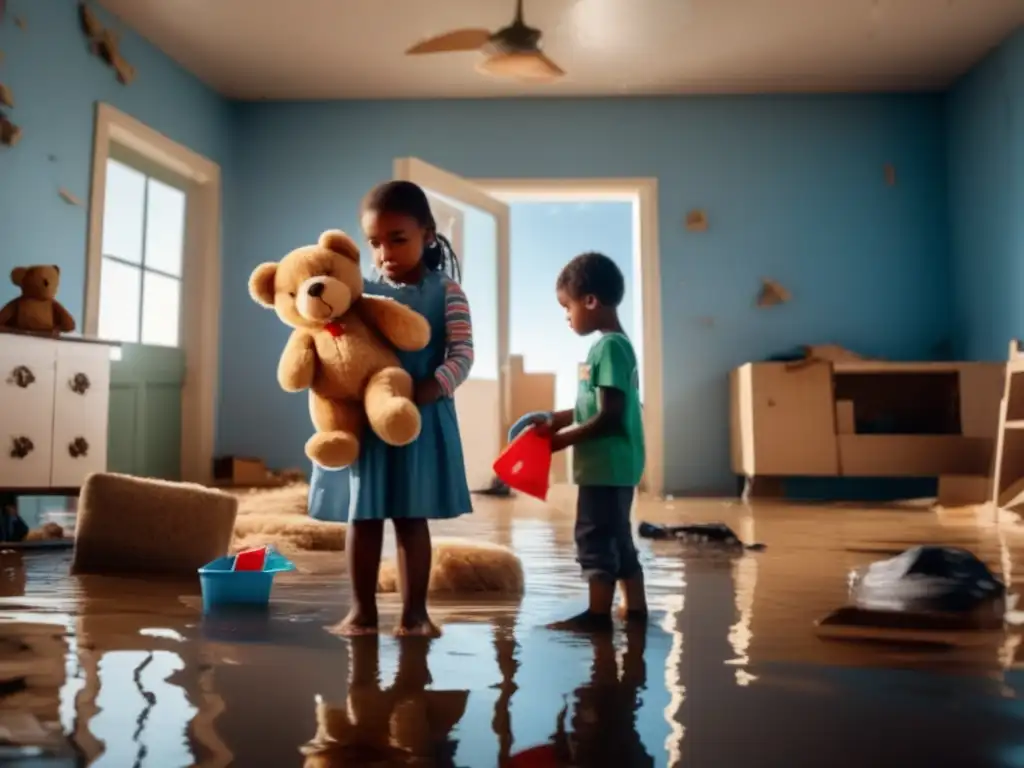 The Children’s Recovery: Helping Kids Cope Post-Hurricane
The Children’s Recovery: Helping Kids Cope Post-Hurricane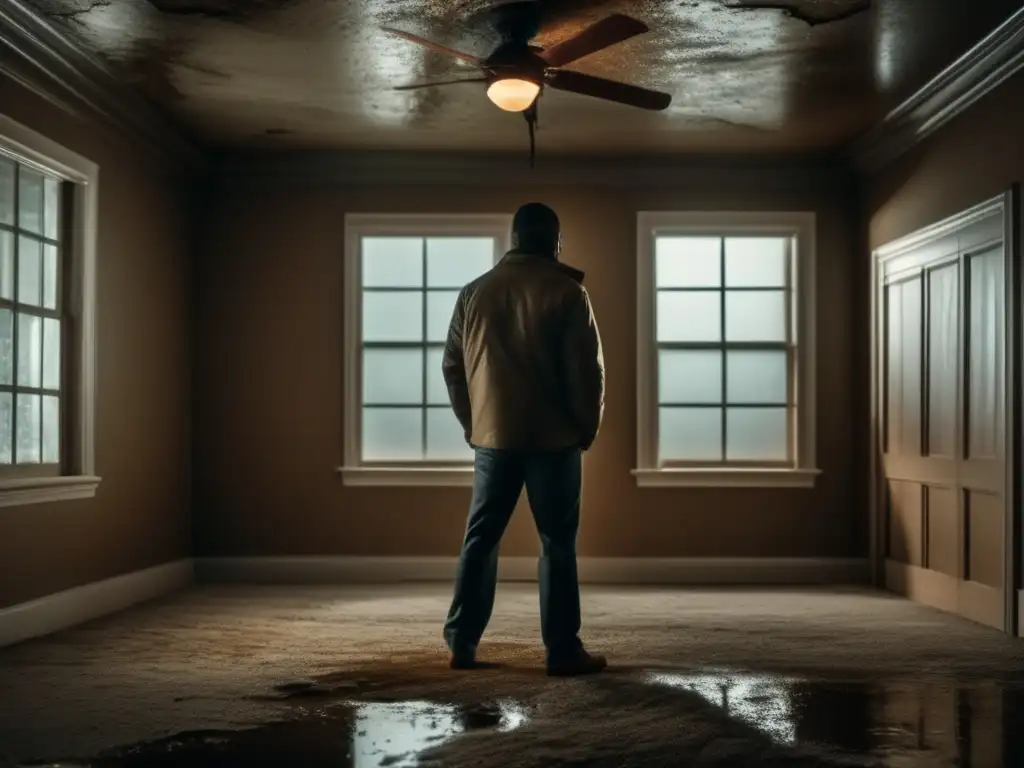 Tackling Mold: How To Handle Mold After A Hurricane
Tackling Mold: How To Handle Mold After A HurricaneIf you want to discover more articles similar to Communicating With Loved Ones After A Hurricane, you can visit the Hurricane recovery: category.
Leave a Reply

Articulos relacionados: